
下载亿题库APP
联系电话:400-660-1360

下载亿题库APP
联系电话:400-660-1360

请谨慎保管和记忆你的密码,以免泄露和丢失

请谨慎保管和记忆你的密码,以免泄露和丢失

小伙伴们,英语专业八级的考试大家复习的怎么样了呢?下面是帮考网分享的一些专八考试阅读部分的复习资料,一起来看看吧!
BBC ‘s Casualty programme on Saturday evening gave viewers a vote as to which of two patients should benefit from a donation. But it failed to tell us that we would not need to make so many life-and-death decisions if we got to grip with the chronic organ shortage. Being pussyfooting around in its approach to dead bodies, the Government is giving a kicking to some of the most vulnerable in our society. One depressing consequence of this is that a significant number of those on the waiting list take off to foreign countries to purchase an organ from a living third-world donor, something that is forbidden in the United Kingdom. The poor have no option but to wait in vain.
The Human Tissue Authority’s position on the retention of body parts for medical research after a post-mortem examination is equally flawed. The new consent forms could have been drafted by some evil person seeking to stop the precious flow of human tissue into the pathological laboratory. The forms are so lengthy that doctors rarely have time to complete them and, even if they try, the wording is so graphic that relatives tend to leg it before signing. In consequence, the number of post mortems has fallen quickly.
The wider worry is that the moral shortsightedness evident in the Human Tissue Act seems to infect every facet of the contemporary debate on medical ethics. Take the timid approach to embryonic stem cell research. The United States, for example, refuses government funding to scientists who wish to carry out potentially ground-breaking research on the surplus embryos created by IVF treatment.
Senators profess to be worried that embryonic research fails to respect the dignity of “potential persons”. Rarely can such a vacuous concept have found its way into a debate claming to provide enlightenment. When is this “potential” supposed to kick in? In case you were wondering, these supposedly precious embryos are at the same stage of development as those that are routinely terminated by the Pill without anyone crying. Thankfully, the British Government has refused the position of the United States and operates one of the most liberal regimes in Europe, in which licences have been awarded to researchers to create embryos for medical research. It is possible that, in years to come, scientists will be able to grow organs in the lab and find cures for a range of debilitating diseases.
The fundamental problem with our approach to ethics is our inability to separate emotion from policy. The only factor that should enter our moral and legal deliberations is that of welfare, a concept that is meaningless when applied to entities that lack self-consciousness. Never forget that the research that we are so reluctant to conduct upon embryos and dead bodies is routinely carried out on living, pain-sensitive animals.
1. What has caused the chronic organ shortage?
[A] a decrease in donation rates. [B] inefficient governmental policy.
[C] illegal trade in human organs. [D] news media’s indifference.
2. The expression “pussyfooting around” (Line 3, Paragraph 1) might mean______.
[A] unfair [B] hesitant [C] secret [D] strict
3. The moral shortsightedness is revealed in the fact that _____.
[A] the government has stopped the experiment on human tissue
[B] the donation consent forms are difficult to understand
[C] the Human Tissues Act is an obstacle to important medical research
[D] embryonic research shows disregard for human life
4. To which of the following is the author most likely to agree?
[A] the rich and the poor are equal in the face of death. [B] more scientists are needed for the medical advancement.
[C] there is a double standard in medical ethics. [D] the dead deserve the same attention as the living.
5. The author is most critical of_____.
[A] the media [B] doctors [C] U. S. Legislators [D] the British government
答案:1.B 2.B 3.C 4.C 5.C
词汇解析
(1)get to grips with认真处理
(2)chronic(a.)慢性的,长期的,延续很长的
(3)pussyfoot(v.)(about/around)谨慎的,顾虑重重的
(4)approach (n.) 方式、方法、态度,如The school has decided to adopt a different ~ to discipline(学校决定采取另外一种方式解决纪律问题)
(5)vulnerable(a.)易受攻击的,脆弱的,敏感的
(6)retention(n.)保留,保持;retain(v.)
(7)leg it逃跑
(8)purport(v.)自称,标榜;(n.)主要意思,大意,主旨
(9)kick in开始生效(或见效)
(10)regime(n.)统治方式,统治制度,政权,政体;组织方法,管理体制
(11)deliberation(n.)熟思,考虑,商议
好了,以上就是今天分享的全部内容了,各位小伙伴根据自己的情况进行查阅,希望本文对各位有所帮助,预祝各位取得满意的成绩,如需了解更多相关内容,请关注帮考网!
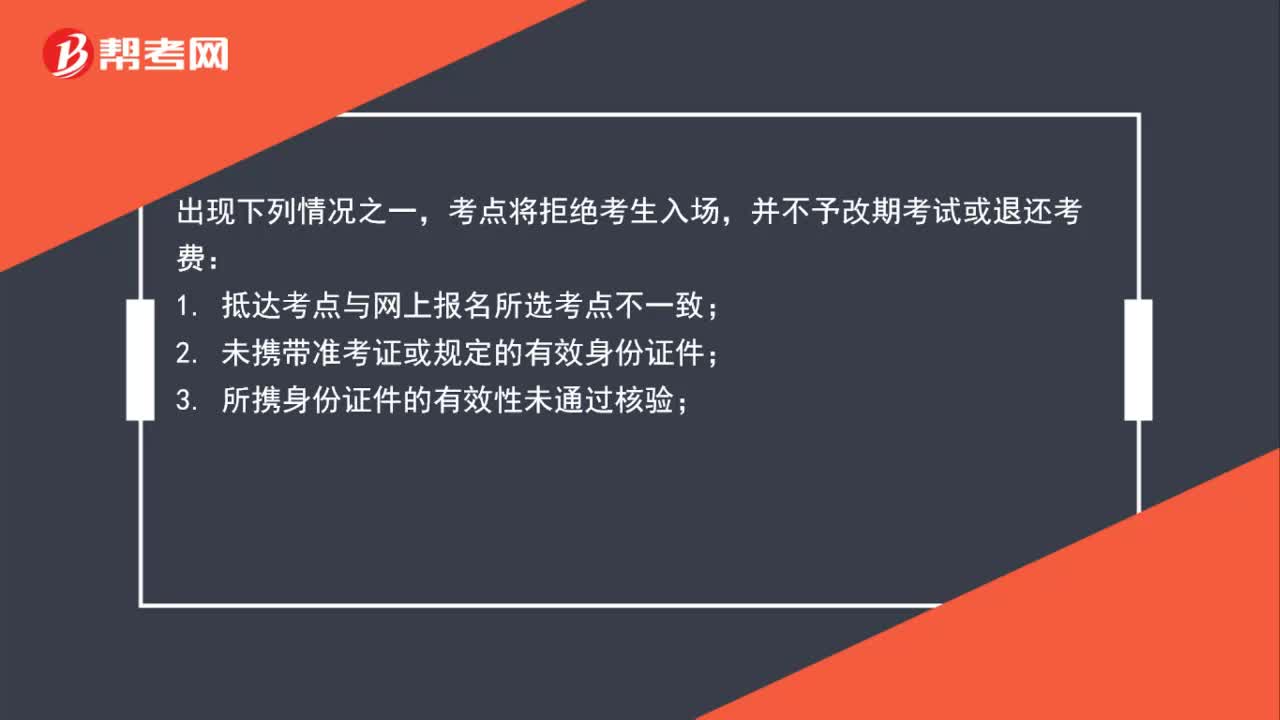 79
79为什么商务英语考试中有的考生不允许入场?:为什么商务英语考试中有的考生不允许入场?考点将拒绝考生入场,并不予改期考试或退还考费:1. 抵达考点与网上报名所选考点不一致;2. 未携带准考证或规定的有效身份证件;3. 所携身份证件的有效性未通过核验;4. 身份证件类型和号码与所持准考证显示信息不符;5. 身份证件相片与本人明显不符;6. 未按准考证规定时间到达考场;7. 不服从监考人员的管理,扰乱考场秩序。
 21
21需要具备怎样的基础才能备考商务英语BEC中级?:商务英语中级需要有大学英语四级到六级的水平。
 30
30学习商务英语BEC初级需要具备怎样的基础?:学习商务英语BEC初级需要具备怎样的基础?根据BEC考试大纲的要求,学习BEC初级需要有公共英语四级的水平。
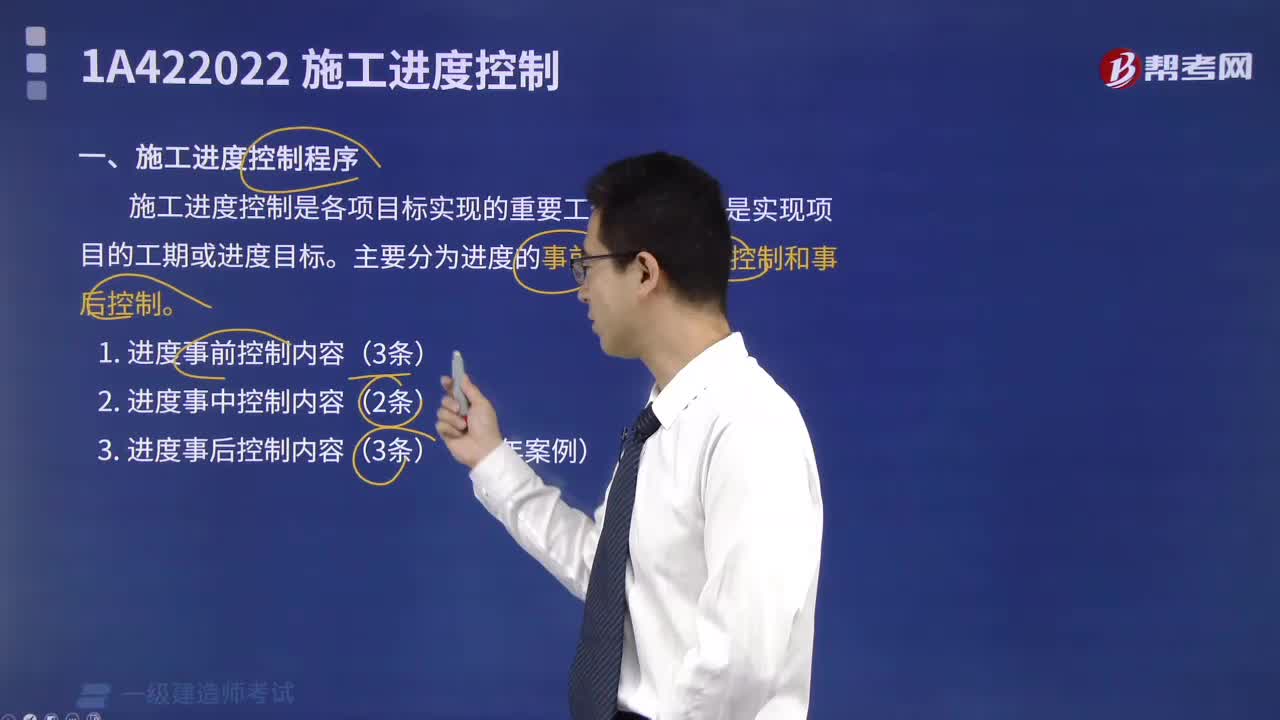 02:03
02:032022-04-08
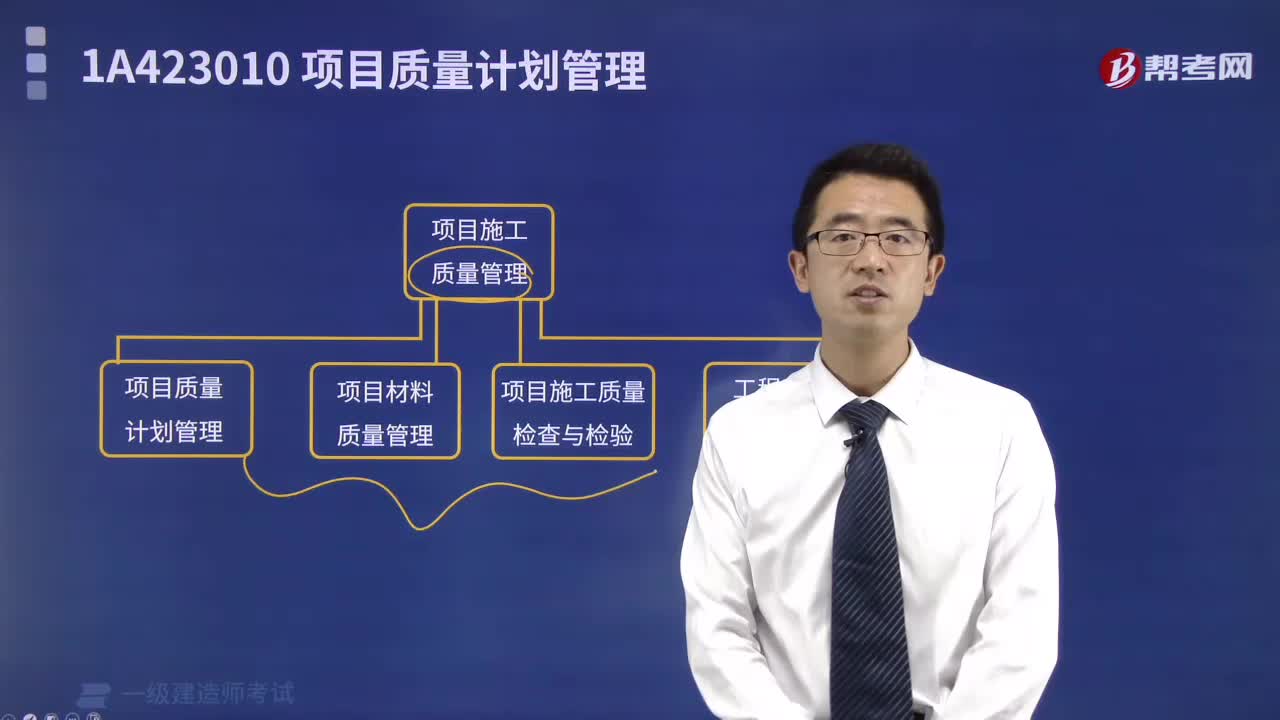 02:40
02:402022-04-08
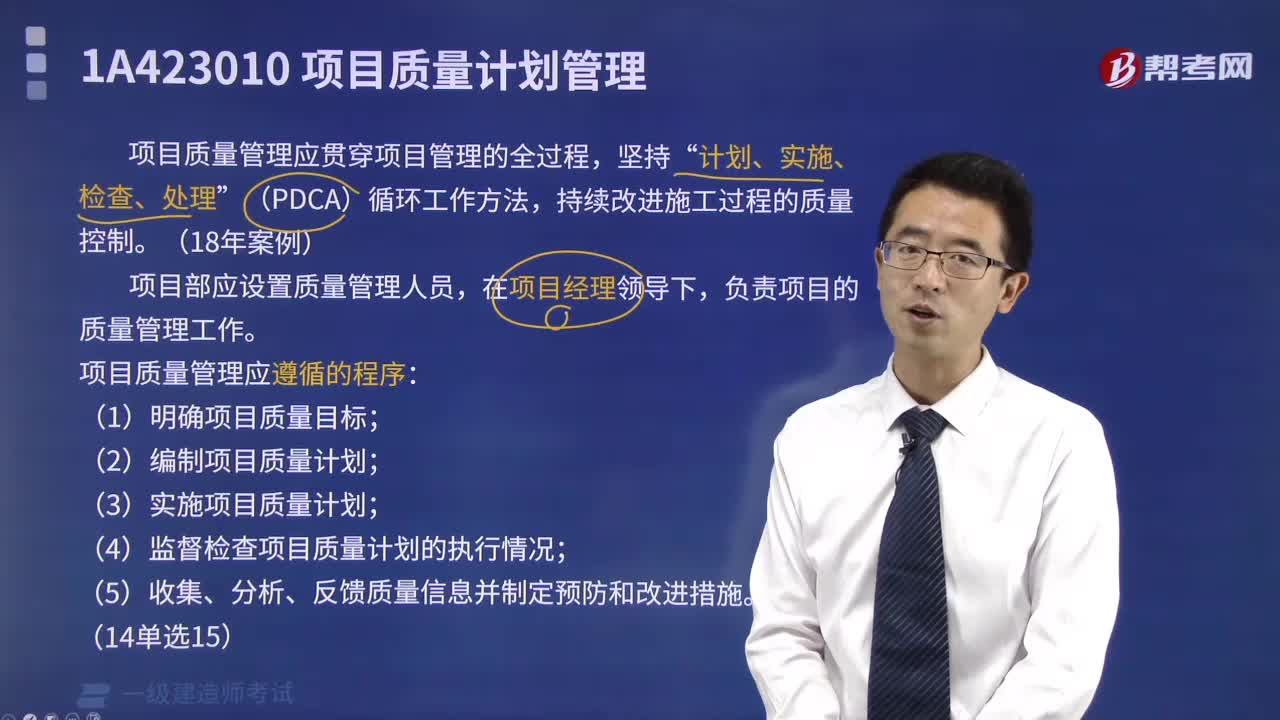 01:25
01:252022-04-08
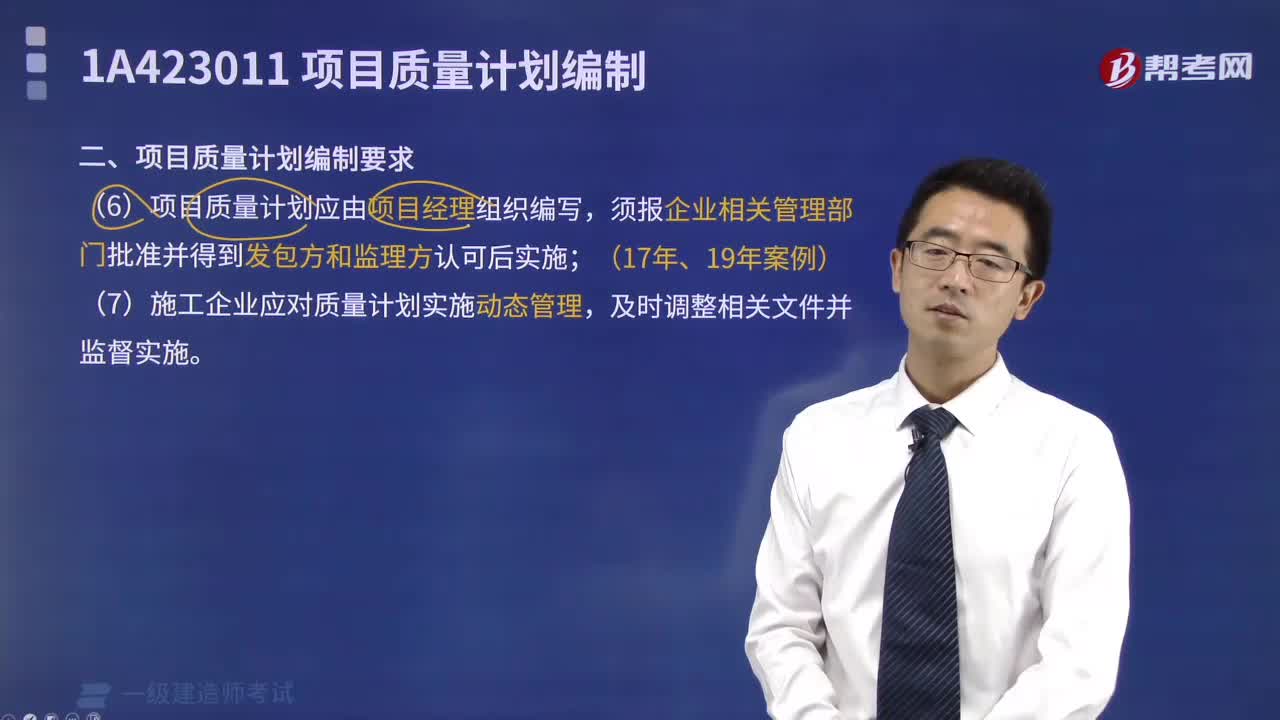 04:24
04:242022-04-08
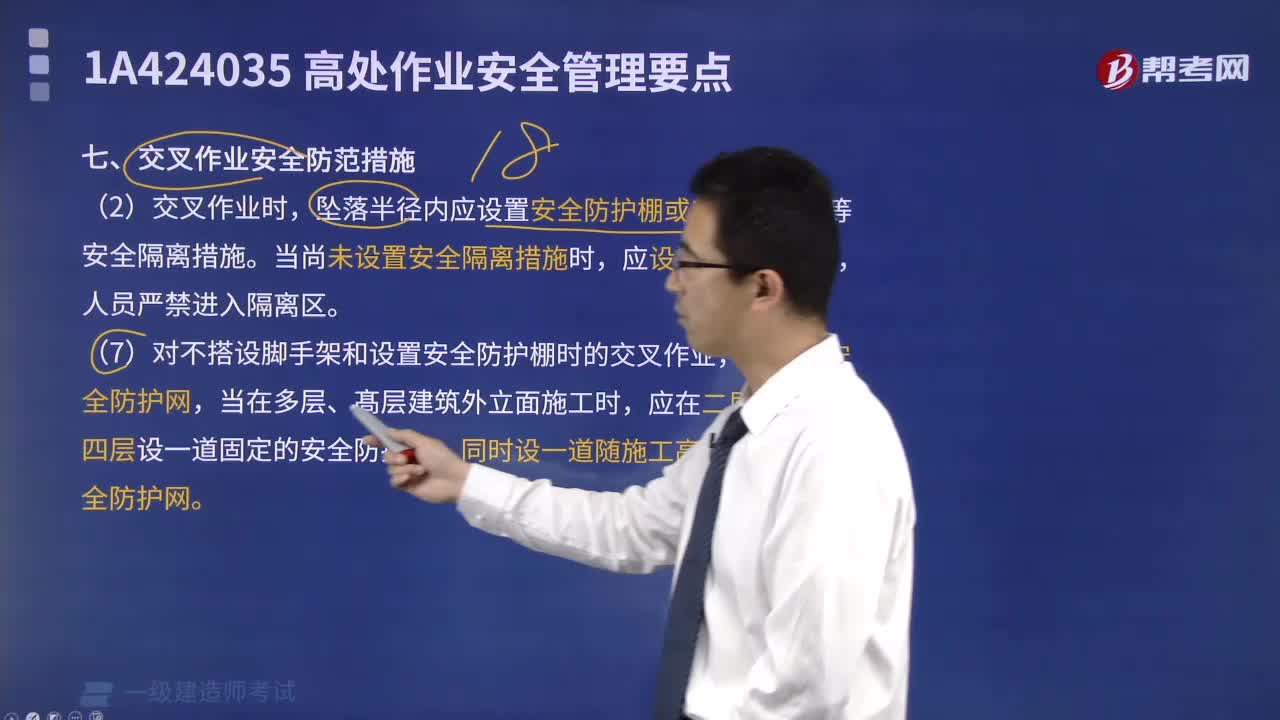 02:33
02:332022-04-08

微信扫码关注公众号
获取更多考试热门资料